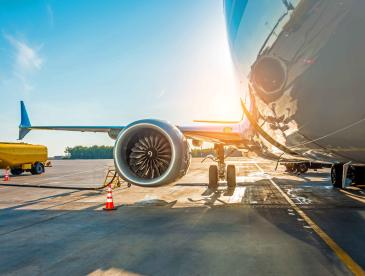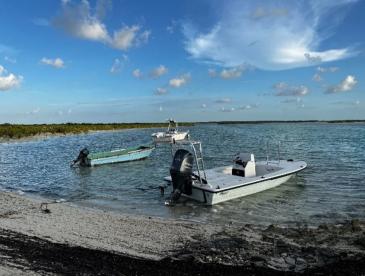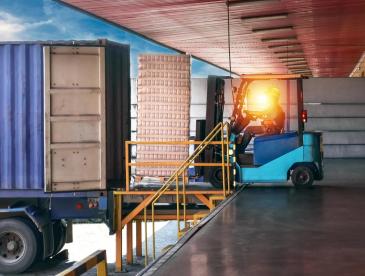
Shifting to electric vehicles and sustainable fuels
The problem: Global transportation harms our climate, accounting for roughly one-quarter of all greenhouse gas emissions. The pollution from transportation powered by fossil fuels also harms our health, causing lung disease, heart problems and more than 6 million premature deaths a year.
What we’re doing about it: We’re driving the transition to electric vehicles, sustainable aviation fuels and zero-emission shipping, prioritizing the communities most burdened by pollution. We advocate the use of cleaner fuels everywhere — to save lives and strengthen the global economy.
Impact by the numbers
-
0%
The percentage of global greenhouse gas emissions that come from transportation
-
0K
Number of lives saved by 2050 if all new heavy-duty trucks and buses sold in the U.S. release zero emissions by 2040
-
$0B
Investments in EV manufacturing that have been announced in the U.S. over a decade
Our work cleaning up the global transportation system
- Blog post
States are powering America’s transition to EVs — even amid federal uncertainty
- Article
New York City’s congestion pricing boasts big wins
- Expert Voices
Have questions about electric cars? Our EV expert has answers.
- Blog post
Strategies to decarbonize aviation must protect communities and the climate
- Blog post
Going electric: A big opportunity for small vessels in The Bahamas
- Blog post
A roadmap for European cities looking to decarbonize urban freight
Updates
Read the latest articles, blogs and press releases on clean transportation.
-
Shipping’s biofuel moment: lessons from aviation on land use change assessment
Blog post, -
January 2026: Electric trucks, buses round-up
Blog post, -
NHTSA Urged to Maintain Fuel Economy Standards
Press release, -
Gov. Newsom’s Zero-Emission Vehicle Proposal Will Reduce Costs for Families, Cut Harmful Pollution, and Spur Innovation
Press release, -
Electric truck deployments sustain momentum through a challenging 2025
Blog post, -
They used to fight for big polluters. Now they're in charge of your health
Article,
Clean transportation resources
Dig deeper into our work with these resources for researchers, policymakers, journalists and communities.
- Website
Fleet Electrification Solutions Center
- Blog post
Case studies: Stories of fleets on the road to electrification
- Analysis
Decarbonization of the aviation sector must address air quality concerns
- Explainer
How are air pollution and climate change connected?
- Fact sheet
Driving change: How electric vehicles are benefiting people across the U.S.
- Fact sheet
Electric school buses: Good for the environment and the bottom line (PDF)
Our clean transportation experts
Media contact
Erica Fick
(213) 435-7160 (office)






















